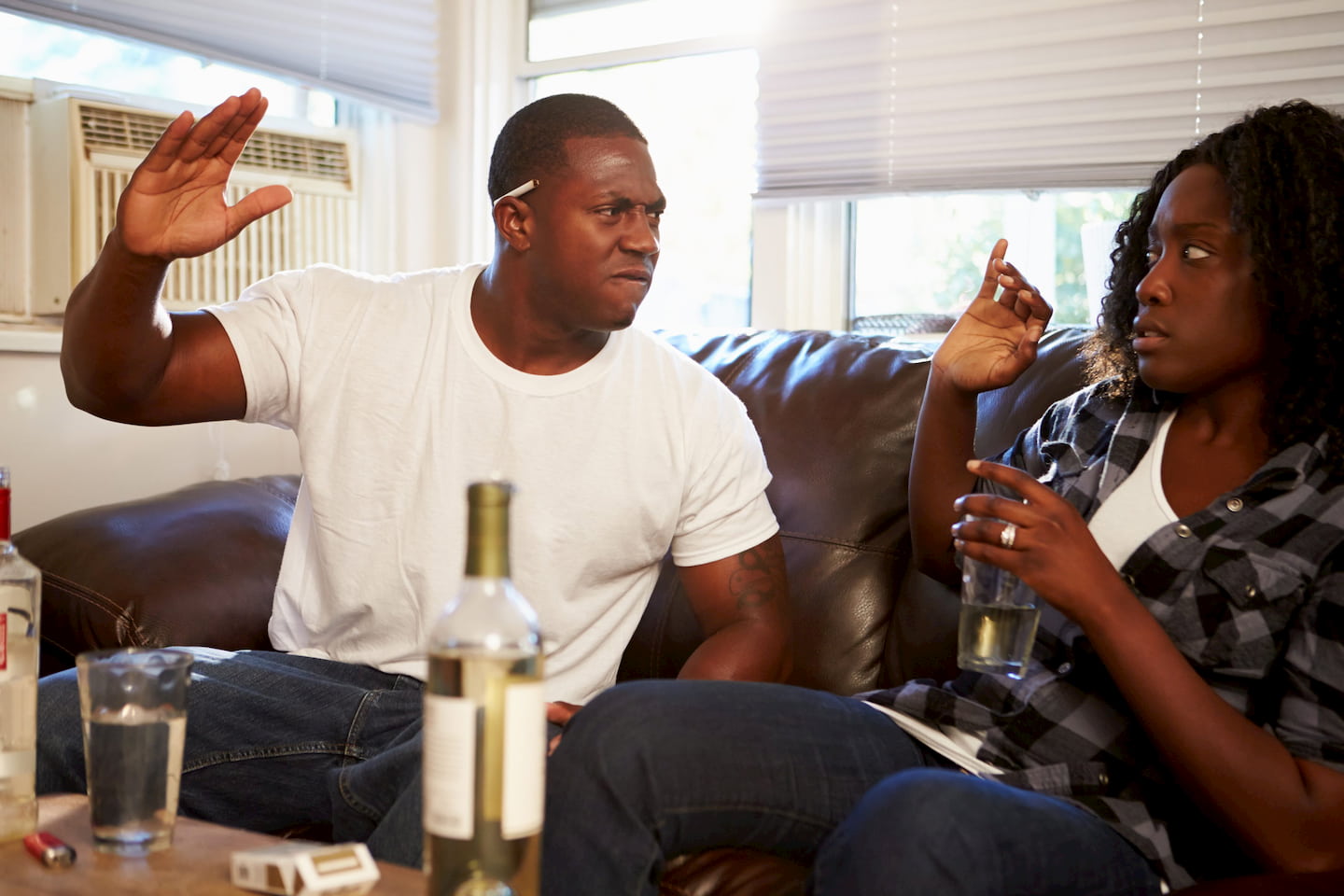As the novel coronavirus, which causes COVID-19, wreaks havoc across the globe, the one thing everyone relishes is the ability to retreat to a safe home. The unfortunate truth is that it is readily apparent that persons who are homeless do not have that option. What is less obvious, though, is that many persons who either own or rent the houses that they occupy do not see their homes as safe havens, either.
In the wake of the COVID-19 pandemic, most countries have imposed complete or partial lockdowns, which compel families to spend more time together within the confines of their homes. While that is ideal for persons who want to share the same space, statistics show that domestic violence is known to increase when families spend time together during the Christmas and summer holidays. For that reason, the unfortunate result of the lockdown is likely to be a spike in domestic-violence complaints.
For many abused persons (women, more often than not), their customary respite from abuse is the time spent apart from their abusers while they or the abusers are away from the home, at work or otherwise. Stay-at-home orders and lockdowns effectively make abused women the captives of their abusers, and, in many instances, even if there is adequate space within the home, those women can find no safe shelter.
‘The unfortunate result of the lockdown is likely to be a spike in domestic-violence complaints.’
When I refer to domestic violence, it is not a suggestion that a person can only seek protection if there is physical abuse. I only do so because that is the name of the legislation on which persons can rely (the Domestic Violence Act) when they feel threatened or suffer injury at the hands of relatives or domestic partners. The fact is that the Act contains no definition of domestic violence. It is to the sections that outline the types of orders that can be granted that one must look to truly appreciate the scope of the prohibitions that a protection or occupation order can impose.
ORDER TO PROTECT A VICTIM
Section 4 of the act shows that the Family Court could make an order to protect a victim from:
- Being molested;
- Having his or her home, workplace, or school watched or beset;
- Being waylayed;
- Having persistent telephone calls made to him or her;
- Being verbally abused or annoyed to such a degree as to result in ill-treatment;
- Having his or her property damaged;
- Having violence (resulting in physical or mental injury) being threatened or actually perpetrated against him or her.
The range of possible actions that the Domestic Violence Act may prohibit is therefore wide enough to cover non-physical harm. For that reason, verbal abuse and threats of violence could also be relied on when making an application for an order under the act, although it is more difficult to prove that they occurred.
If you happen to research domestic violence or intimate partner abuse, you will find numerous articles highlighting the fact that in the wake of COVID-19, domestic-violence complaints have increased in several countries across the world. In a tweet on April 6, 2020, United Nations Secretary General Antonio Gutteres wrote: “Peace is not just the absence of war. Many women under lockdown for #COVID19 face violence where they should be safest: in their own homes. Today I appeal for peace in homes around the world. I urge all governments to put women’s safety first as they respond to the pandemic.”
SPECIAL MEASURES
While I have not seen similar reports in Jamaica, it is very important that the authorities put special measures in place to protect women. Some of these measures could include:
- Establishment of a special hotline to report abuse.
- Public reminders to victims of abuse that they should call the police if they are threatened or have suffered abuse.
- Public reminders that urgent applications will still be heard at court during the COVID-19 crisis.
- Online counselling for victims of abuse.
- The establishment or identification of emergency shelters to temporarily house victims of abuse.
This list is not exhaustive, and I acknowledge that there are varying degrees of difficulty involved in implementing any or all of these measures, but something must be done.
Sherry Ann McGregor is a partner, mediator, and arbitrator in the firm of Nunes Scholefield DeLeon & Co. Please send questions and comments to lawsofeve@gmail.com.

